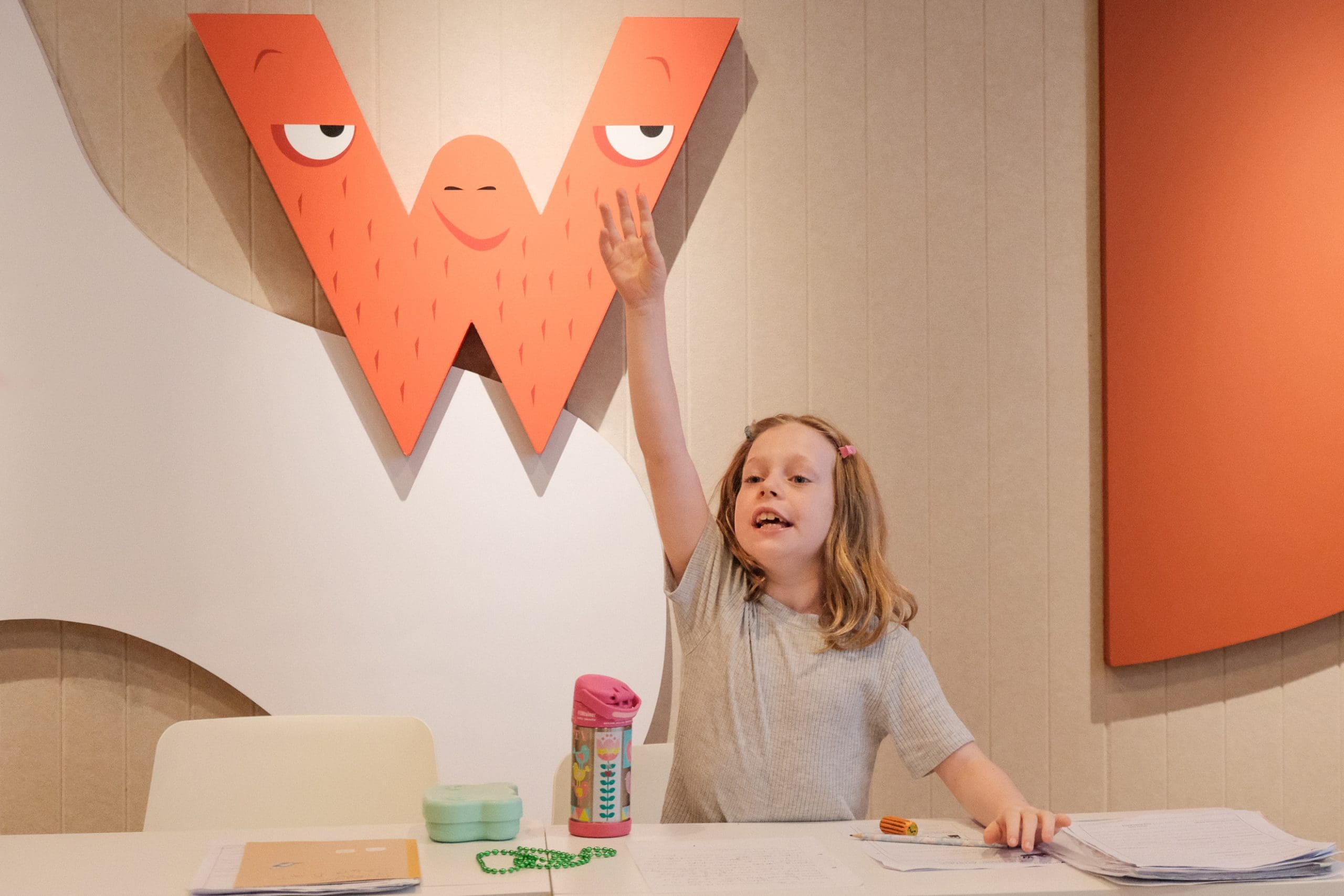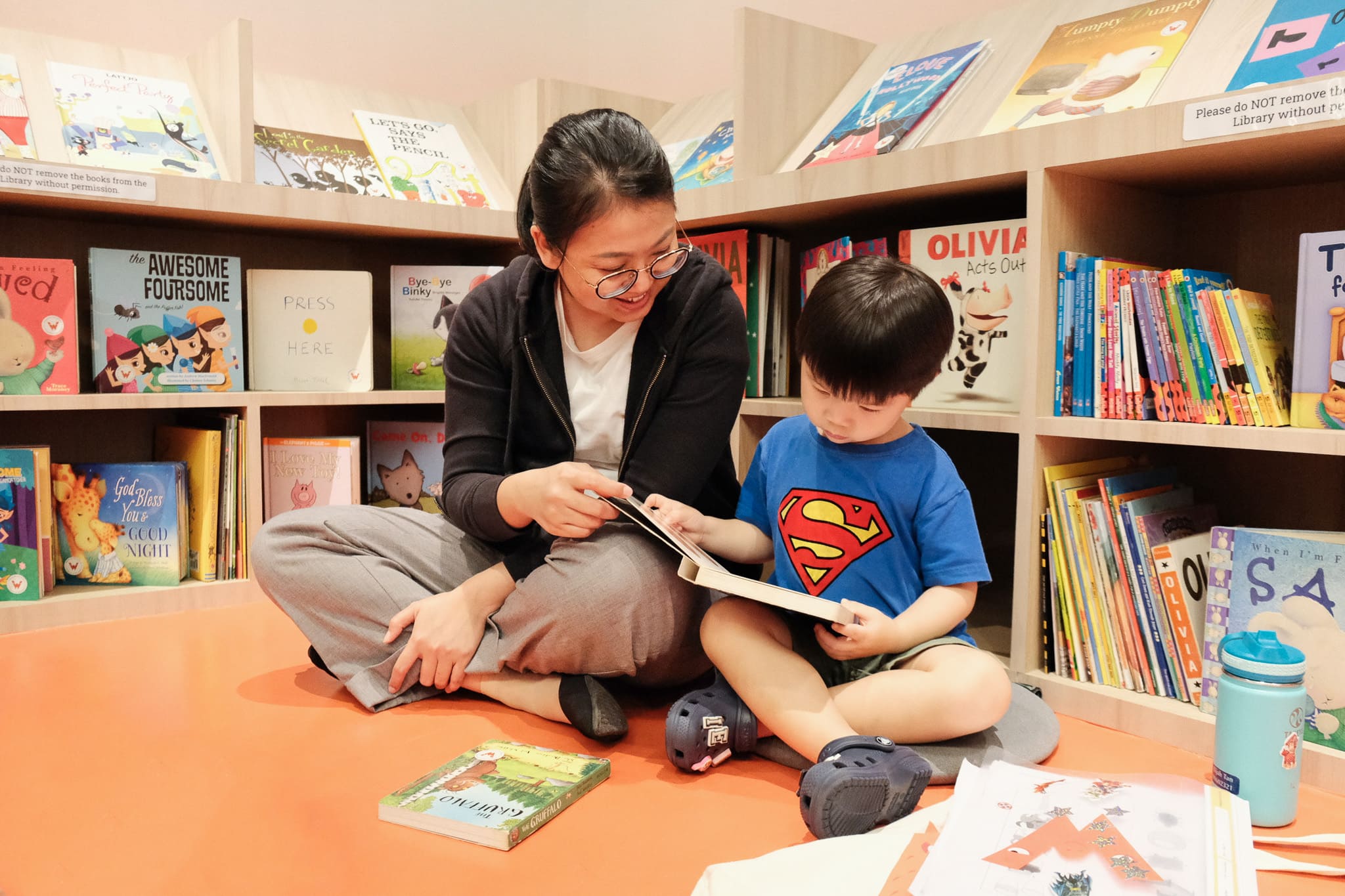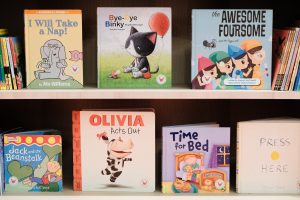
A Blog by Wonderlit
Return to our website here for more information about Wonderlit and our programmes
Return to our website here for more information about Wonderlit and our programmes
Return to our website here for more information about Wonderlit and our programmes
The world of creative writing is a magical place, full of adventure, imagination, and endless possibilities. Not only that, for children, creative writing can be a gateway to self-expression and ignite a passion for the English language. To that end, in this blogpost we will be discussing three strategies that parents can try to inspire creativity in your child’s writing. By implementing these tips, parents can help their child build a strong foundation in language and creativity that will serve them well in all areas of their lives. So, let’s get started and unleash your child’s creative potential!
Develop Your Child’s Vocabulary

When it comes to creative writing, vocabulary is everything. It’s the paintbrush to a painter, the chisel to a sculptor, the instrument to a musician. Without a rich and varied vocabulary, even the most imaginative and creative writer may struggle to express their ideas and emotions in a way that resonates with their readers. On the other hand, a writer with an extensive vocabulary has the power to craft their words with precision and nuance, making them more engaging and effective communicators.
Word games can be a fun and effective way to develop a child’s vocabulary. Games like Scrabble, Boggle, and crossword puzzles can teach children new words and reinforce their spelling skills. Other games, like charades or Pictionary, can help children learn how to express themselves and their ideas using visual cues. By framing vocabulary as something to play with, rather than something to be memorized, children can develop an appreciation for words and their meanings.
Developing one’s vocabulary does not only mean learning the meanings of new words. Though children may pick up new words from word games or reading, without impetus, they are unlikely employ them. Without doing so, they are less likely to understand how to use their newfound words with nuance in different contexts and sentence structures. One fun strategy to circumnavigate this, may be encouraging your child to use a vocabulary journal to log down words that they have learnt. Every time they use one of these words in their writing and show it to you, give them a sticker as a reward!
Expose Your Child to New Experiences

When it comes to writing, children need to explore and draw inspiration from various sources to craft their stories. While reading can be an excellent way to spark their imagination, there’s no denying that real-world experiences can also be a powerful catalyst for storytelling. In fact, experiences can serve as the perfect medium through which children can express their creativity and bring their stories to life. Whether it’s a trip to the zoo, a hike through the woods, or a family vacation, these experiences provide a rich tapestry of sensory details, emotions, and insights that children can use to build their own unique narratives. By encouraging children to engage with the world around them and to capture their experiences in writing, we can help them to develop their own unique voices and hone their skills as storytellers. Other, creativity-based activities like drawing or painting classes may help children feel more comfortable with unleashing their creativity without constraint. Visits to museums and cultural centres can prompt new ideas and offer a broader understanding of the world around them.
Encouraging your child to keep a diary to record snapshots of their lives and thoughts can also be a valuable tool for fostering creativity. By reflecting on their daily experiences and feelings, children can learn to express themselves in a more thoughtful and introspective way. Writing in a diary can also provide a safe space for children to explore their emotions and work through any challenges they may be facing. As they look back on their entries, they may find inspiration for new stories or creative projects. Additionally, keeping a diary can help children develop important writing skills, such as spelling, grammar, and sentence structure, which will serve them well in all areas of their academic and personal lives.
Encourage Your Child to Read More

Reading and writing are two sides of the same coin, and one cannot exist without the other. When children read, they are exposed to a variety of writing styles, vocabulary, and sentence structures that they can incorporate into their own writing. It exposes them to different genres and styles of writing. This allows them to explore different perspectives and writing techniques, which they can incorporate into their own writing. For example, reading poetry can help children develop a sense of rhythm and word choice, while reading fiction can help them develop their understanding of characters, plot, and setting.
In addition to helping children develop their writing skills, reading also helps them to develop their critical thinking and analytical skills. When children read, they indirectly learn to analyse characters, plots, and story themes, which helps them to think critically and develop their own opinions and ideas. This can help them become better creative writers by giving them the tools with which they can better express their own thoughts and ideas.
At the heart of it, reading is not just a means of acquiring knowledge, but a way to ignite a child’s passion for storytelling. As they flip through the pages of a book, they are transported to magical lands and introduced to intriguing characters that capture their imagination and spark their creativity. This love for stories can inspire children to pick up a pen and start writing their own tales. By witnessing first-hand how words can shape and transform the world, children begin to understand the power of their own words and how they too can create their own worlds, characters, and stories. Over time, as children become more confident in their reading skills, they may begin to experiment with different writing styles, exploring different genres and techniques. With each new book they read and every sentence they write, their love for storytelling will deepen and their skills as a writer will grow.
Final Thoughts

Helping your child develop their creative writing skills can be an incredibly rewarding experience. By implementing the strategies we’ve discussed, you can inspire your child to explore their imagination, develop their language and writing skills, and ultimately, find their voice as a writer. Encouraging your child to develop a strong vocabulary, expose themselves to new experiences, and read more are just a few ways to get started on this journey. Remember, the key to success is to make writing a fun and enjoyable activity for your child. Celebrate their successes, provide constructive feedback, and most importantly, allow them to express themselves freely and without judgement. With a little bit of encouragement and support, your child’s creative writing potential is limitless. So go ahead, and let their imaginations run wild!
In Wonderlit Write, we promote creative writing as a lifelong passion beyond the confines of the classroom. Our program is designed to help children develop their unique voices, exercise their imaginations, and master language techniques through various forms of writing. We offer tailored lessons that enhance vocabulary, grammar, and literary skills, including poetry, prose, and situational writing. Unlock the full potential of your child’s writing passion by joining us today!






Wonderlit is a creative enrichment space that offers a boutique experience tailored to nurture and develop children through their formative years to become accomplished readers and confident communicators.
Follow us
info@wonderlitworld.com
+65 6980 5670 (Call/Whatsapp)
Wonderlit is a creative enrichment space that offers a boutique experience tailored to nurture and develop children through their formative years to become accomplished readers and confident communicators.
Follow us
info@wonderlitworld.com
+65 6980 5670 (Call/Whatsapp)